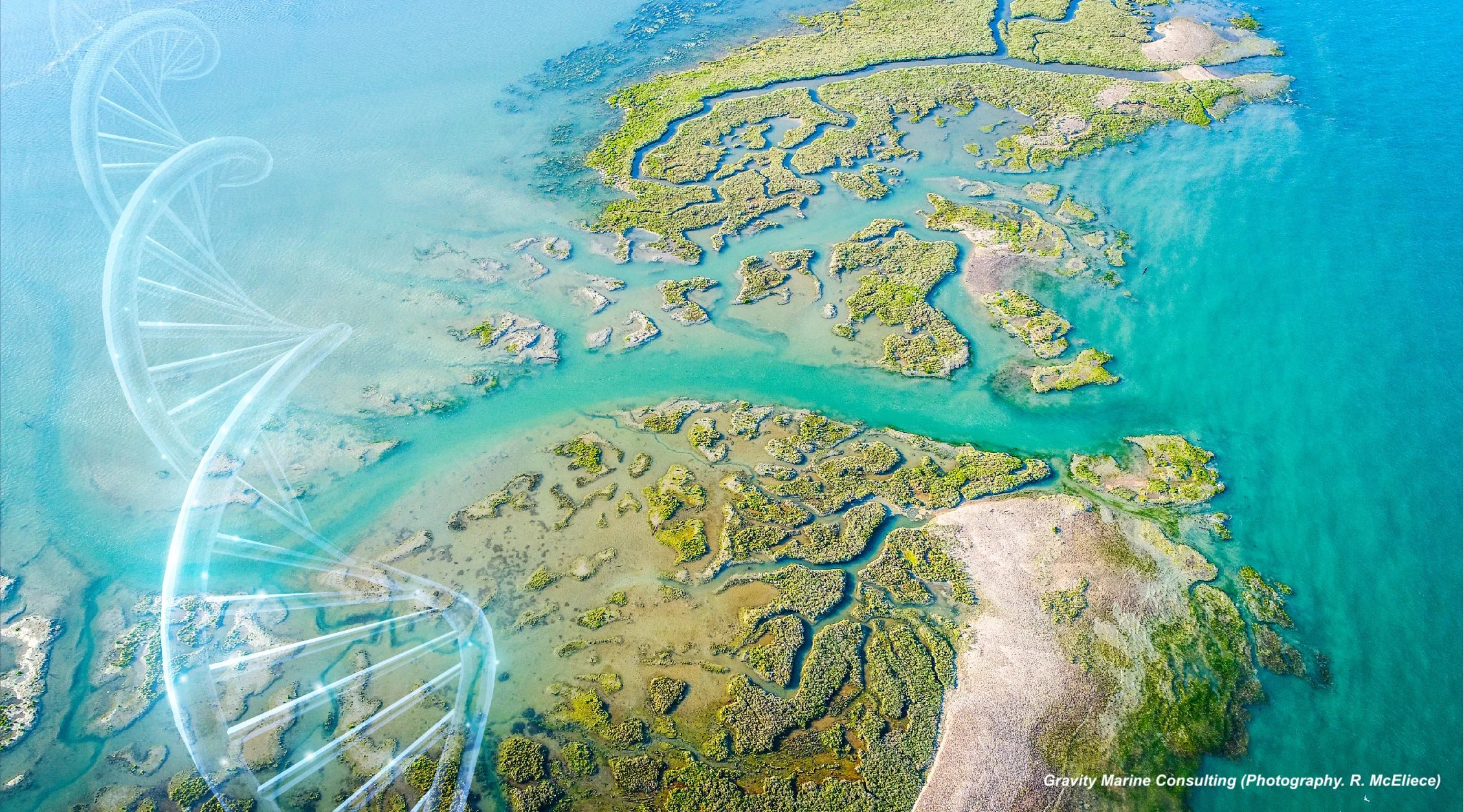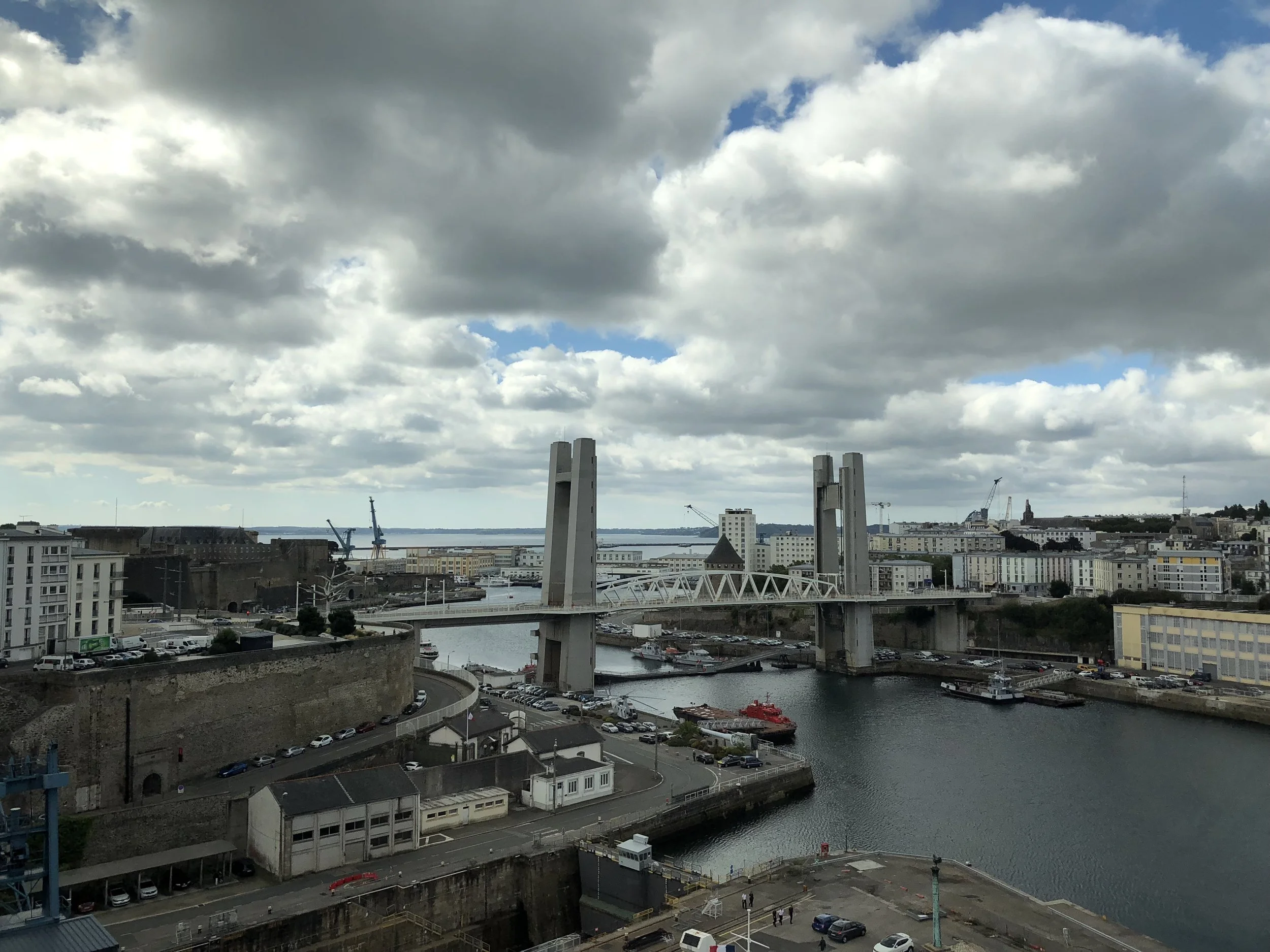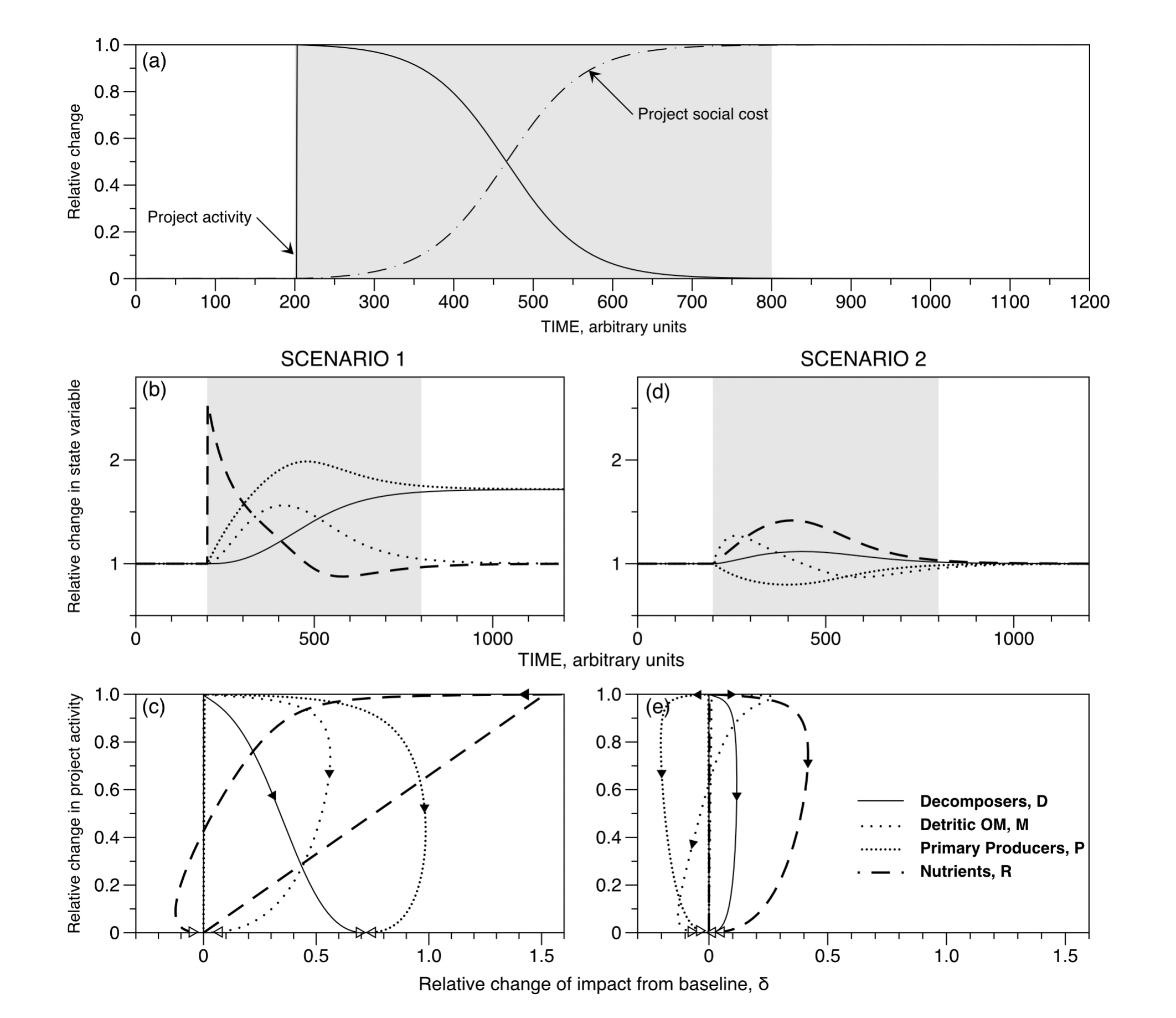EBLab is an interdisciplinary initiative in quantitative marine ecology and environmental studies
The not so distant past of coastal marine sciences: small isolated field stations, distant from urban centres, associated with summer tourism and seaside amusements. Early 20th century view of the Laboratoire Arago in Banyuls-sur-Mer, founded by Henri de Lacaze-Duthiers in 1882. A public aquarium is located on the ground floor of the main building and the station's boats are moored in front, including their second steam-driven boat (the 'Roland' II) in the foreground. Tourists and visitors stayed at the 'Grand Hôtel' pictured in the background. [Postcard, Private collection]
After more than a century of legislation and study, the ability to quantify and predict how human activities "impact" the environment remains firmly qualitative. We rely on judgements like "good" or "poor" to describe the effects of activities on complex, dynamic and interconnected systems. These practices are inadequate tools faced with the demands and expectations of private and public interests today for managing the quality of our environment.
Current technology provides the means to collect data from hundreds of different parameters simultaneously for entire forests and oceans, however, we still do not possess the conceptual foundations which permit us to synthesise and interpret the patterns observed. To be able to decide what may be affected and under what circumstances, we need to revise our concept of impact, as well as how impacts are identified and monitored.
This disconnect between societal demands, technology and theory is what EBLab was founded to address.
We aim to create a quantitative framework to analyse trends in the marine biosphere. To achieve this goal we strive to create an open, interdisciplinary environment where educators, private sector groups, and scientists can interact and exchange to produce new approaches for understanding how marine systems respond to diverse and widely varying uses and management practices.







![Modelling trapping methods used in the ancient Tyrian Purple industry to study populations [updated]](https://images.squarespace-cdn.com/content/v1/541bf450e4b02b7c37ee320f/1502122979362-N32X8JRI8WHR72XBK360/2011_IMG_1735.JPG)

